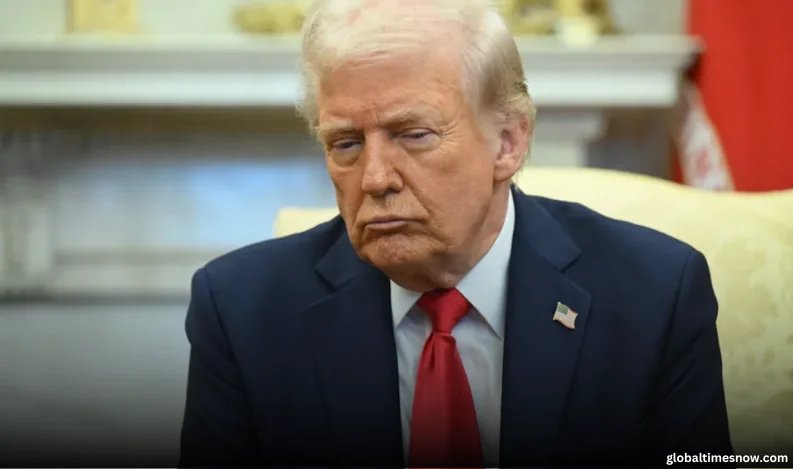Days after U.S. President Donald Trump announced an ambitious $5 million "Gold Card" visa scheme, intended to attract wealthy individuals to the United States, the initiative has faced sharp criticism from billionaires around the world. While Trump claims the program will boost economic growth and reduce the federal deficit, many members of the ultra-rich elite remain unconvinced.
A Divisive Proposal
The "Gold Card" visa offers permanent residency and work authorization in the U.S. to individuals willing to pay a $5 million fee. President Trump framed the scheme as an alternative to the existing EB-5 immigrant investor visa program, stating it would provide a streamlined path to U.S. citizenship for the global elite.
"We are going to be selling a Gold Card. We are going to be putting a price on that card of about $5 million. It's going to give you Green Card privileges, plus it's going to be a route to [American] citizenship, and wealthy people would be coming into our country by buying this card," Trump said during the announcement.
The new initiative is expected to launch within two weeks and is positioned as a direct investment option to secure U.S. residency, bypassing the job creation requirements of the EB-5 visa.
Billionaires Push Back
Despite Trump's optimism, a recent Forbes poll surveying over a dozen billionaires found that nearly three-quarters of respondents expressed no interest in the scheme.
"In my opinion, there is no reason for rich people to go to this program," said a Russian billionaire.
"Whoever has a business idea can do it now for very cheap, so why spend $5 million? I do not understand who will pay $5 million," another respondent added.
Prominent Indian businessman Abhay Soi, chairman of India's second-largest listed hospital chain, dismissed the idea outright.
"I wouldn't want to be a citizen of any country other than India anytime—particularly in this century."
Tax Concerns and Legislative Hurdles
One of the primary concerns among the ultra-wealthy is the U.S. tax system. Unlike many other nations, the U.S. taxes its citizens on global income, regardless of where they reside.
While Trump assured potential applicants that "Gold Card" holders "won't have to pay any tax on income outside of the United States," skepticism remains about whether Congress will approve such an exemption.
Implications and Future Uncertainty
The introduction of the "Gold Card" visa signals a significant shift in U.S. immigration policy, aiming to attract capital rather than job creation through investment. However, with skepticism from billionaires and uncertainty surrounding legislative approval, the program’s success remains to be seen.
More details on the "Gold Card" initiative are expected to be released in the coming weeks.























